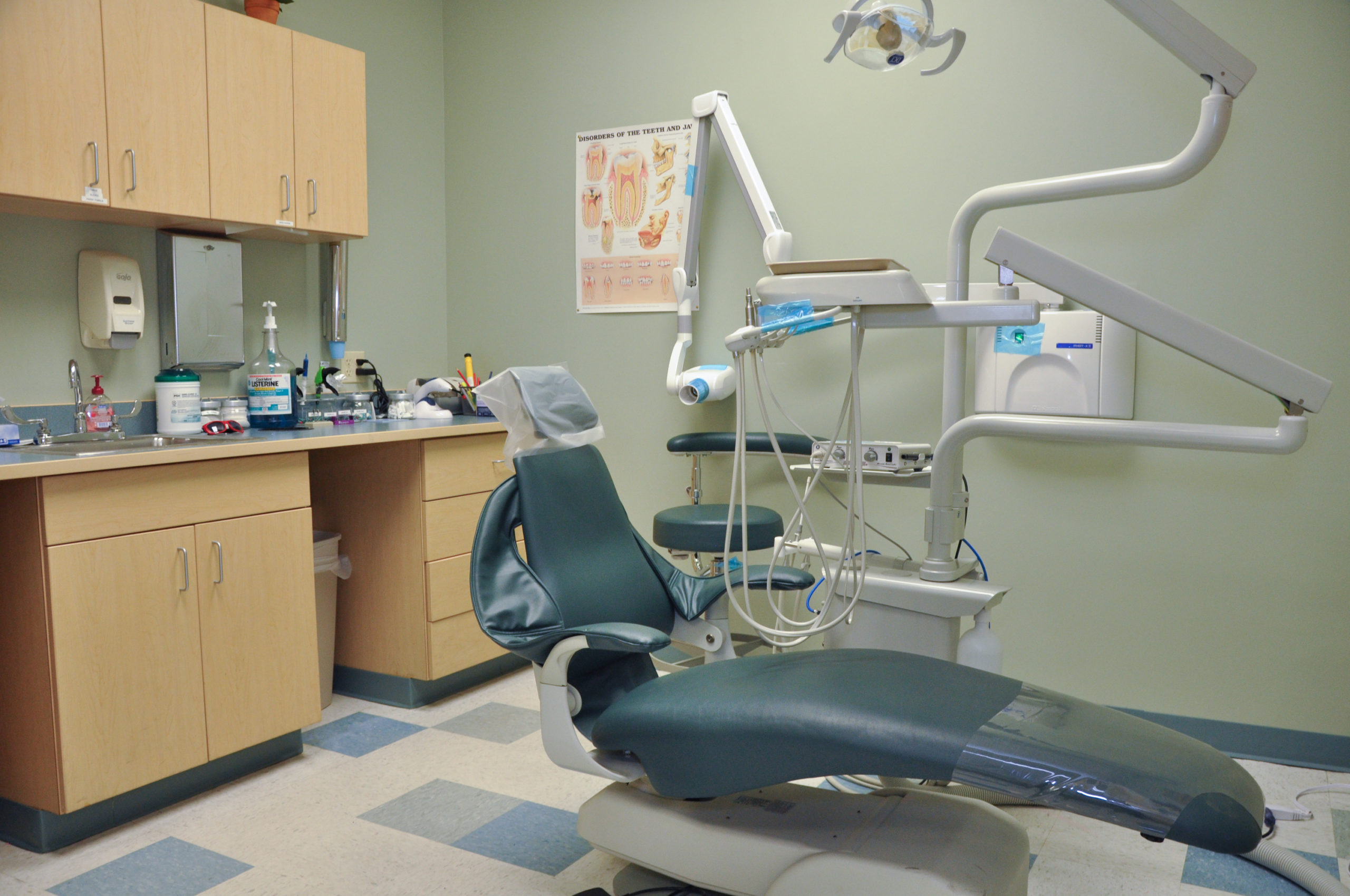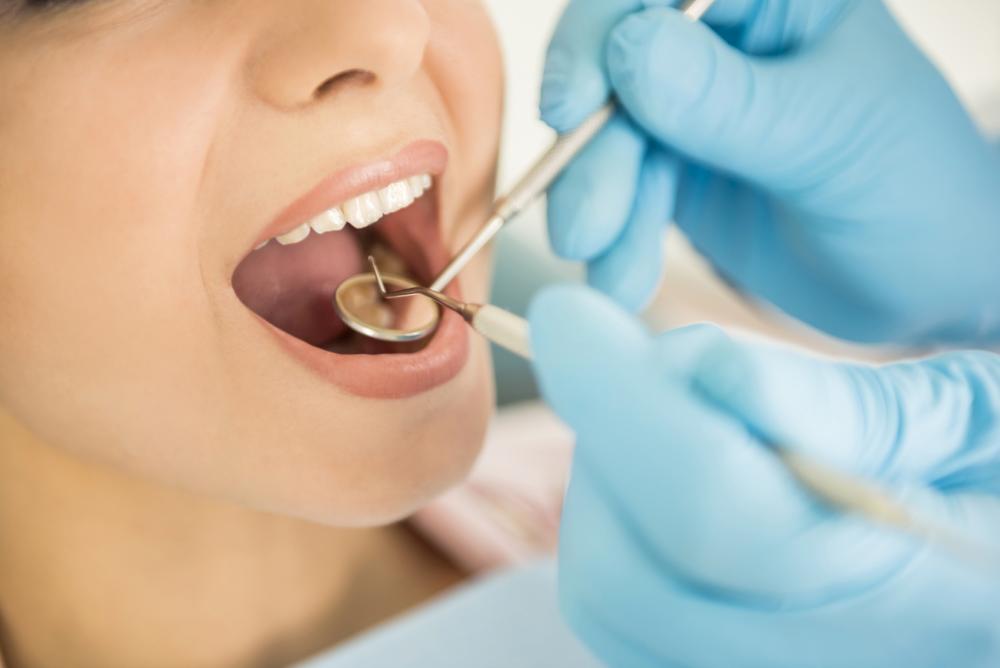Experience Comprehensive Dental Care with a Trusted Eugene Dentist
Experience Comprehensive Dental Care with a Trusted Eugene Dentist
Blog Article
An Overview to Common Oral Conditions That Need a Dental practitioner's Treatment
Toothaches, for instance, can be symptomatic of extreme concerns such as dental caries, broken teeth, or abscesses, each needing particular interventions like dental fillings or root canals. Impacted wisdom teeth and jaw conditions can introduce substantial discomfort and issues.
Toothaches
Toothaches are a typical dental condition that can range from light pain to severe pain, commonly indicating a hidden issue that needs professional focus. This pain can originate from a variety of sources, consisting of tooth decays, split or fractured teeth, and oral abscesses. Each of these conditions poses significant risks if left neglected, potentially resulting in a lot more severe issues.
Dental cavities, likewise called caries, are brought on by the accumulation of plaque that deteriorates tooth enamel, leading to holes or pits in the impacted teeth (dentist eugene or). Split or fractured teeth, on the various other hand, might arise from injury, grinding, or attacking into tough objects. These architectural problems can reveal the delicate internal layers of the tooth, triggering sharp discomfort and raising the threat of infection. Abscesses are painful infections at the origin of a tooth or in between a tooth and the gum tissue, usually arising from extreme degeneration or untreated tooth cavities.
Effective treatment of toothaches entails attending to the origin. This may include dental fillings for dental caries, crowns for broken teeth, or origin canals and prescription antibiotics for abscesses. Very early intervention by an oral professional can stop additional deterioration and minimize discomfort, making sure optimum oral wellness.
Gum Tissue Illness
Periodontal disease, a common yet frequently overlooked dental condition, shows up through swelling and infection of the gum tissues and sustaining cells. This problem mostly takes place in 2 phases: gingivitis and periodontitis. Gingivitis, the milder form, offers with symptoms such as red, puffy periodontals that may bleed quickly throughout cleaning or flossing. If left neglected, gingivitis can advance to periodontitis, an extra severe form characterized by the devastation of the supporting bone and connective tissue, eventually bring about missing teeth.
The key reason for gum illness is microbial plaque, a sticky, colorless film that continuously bases on teeth. Poor oral health, cigarette smoking, hereditary tendency, and specific medical problems, such as diabetes mellitus, can worsen the risk of creating gum disease. Normal oral exams are important for early detection and management of this problem.
Therapy for periodontal illness varies from specialist oral cleansing and scaling to even more innovative procedures like root planing and gum surgical procedure, depending upon the seriousness. Preserving good oral health methods, including brushing twice daily, flossing, and utilizing an antibacterial mouth wash, can significantly reduce the threat of gum disease and advertise much healthier gum tissues.
Tooth Cavities
Tooth cavities, additionally referred to as cavities, are a common oral condition identified by the damage of tooth enamel due to acid-producing germs in the mouth. These bacteria thrive on sugars and starches from food and drinks, producing acids that progressively wear down the enamel, leading to dental caries development.
Early-stage cavities may not reveal signs my sources and symptoms, however as they progress, they can create toothache, level of sensitivity to hot or cool, noticeable openings or pits in the teeth, and discoloration. If left without treatment, cavities can permeate much deeper layers of best site the tooth, potentially leading to severe pain, infection, and also tooth loss.
Stopping dental caries includes a mix of good dental health practices and nutritional habits. Normal brushing with fluoride toothpaste, flossing, and regular oral check-ups are critical. Dental professionals may likewise advise added preventative actions, such as fluoride treatments and oral sealants, to secure teeth from degeneration.
Small cavities can be addressed with oral fillings, which bring back the tooth's structure. More advanced cases may require crowns or also origin canal treatment if the degeneration has reached the tooth's pulp.

Impacted Wisdom Teeth
Affected knowledge teeth are a common oral issue that takes place when the third molars, frequently referred to as knowledge teeth, fail to totally arise or line up correctly within the mouth. This condition commonly arises from not enough room in the jaw or an irregular growth angle of the teeth. Impacted wisdom teeth can cause a selection of problems, consisting of pain, damages, and infection to surrounding teeth.
When knowledge teeth end up being influenced, they are typically partially erupted or remain totally under the periodontal line. This partial eruption can create a pathway for bacteria to enter the gums, leading to infections that manifest as swelling, pain, and even fever. Furthermore, influenced wisdom teeth can exert pressure on neighboring teeth, potentially causing crowding or shifting.
An extensive oral assessment, typically involving X-rays, is essential for diagnosing impacted knowledge teeth. Therapy usually involves surgical extraction, done by a dental surgeon. The procedure intends to relieve discomfort and protect against additional problems, such as cysts or damages to surrounding bone frameworks. Post-operative treatment is crucial to ensure proper recovery and reduce the risk of infection. Regular oral examinations are a good idea to check the condition and preserve dental health and wellness.
Jaw Disorders
Jaw problems, collectively referred to as temporomandibular joint (TMJ) problems, include a variety websites of problems that affect the jaw joint and surrounding muscles. These conditions can materialize via signs such as discomfort or inflammation in the jaw, difficulty chewing, a clicking or popping audio when opening up or closing the mouth, and also chronic migraines. TMJ disorders can emerge from various aspects, consisting of joint inflammation, jaw injury, or regular behaviors like teeth grinding or jaw clenching.
Diagnosis of TMJ conditions usually involves a comprehensive analysis by a dentist, consisting of a physical exam of the jaw, oral X-rays, and sometimes progressed imaging strategies like MRI or CT checks to analyze the joint's problem. Non-invasive approaches such as physical therapy, oral splints, and medicines intended at minimizing inflammation and pain are typically first-line treatments.
Very early intervention by a dental specialist is essential to stop the development of TMJ disorders and to maintain total dental health and wellness. Clients experiencing consistent jaw pain or dysfunction should look for punctual examination and treatment.
Final Thought
Toothaches frequently show underlying concerns such as tooth cavities, fractured teeth, or abscesses, requiring prompt treatment. Affected wisdom teeth and jaw conditions additionally require specialist attention to reduce pain and avoid more problems.
Oral cavities, likewise understood as cavities, are caused by the accumulation of plaque that deteriorates tooth enamel, leading to holes or pits in the affected teeth. Abscesses are uncomfortable infections at the root of a tooth or between the gum tissue and a tooth, typically resulting from serious degeneration or neglected tooth cavities.

Furthermore, impacted wisdom teeth can apply pressure on neighboring teeth, possibly triggering crowding or moving.
Report this page